AI-Designed Viruses Pose New Threats, Hydrogen Industry Faces Reality Check
A team of researchers in California has successfully used artificial intelligence to design and create working viruses that can kill bacteria, raising concerns about the potential misuse of this technology. Meanwhile, a new report from the International Energy Agency highlights significant challenges facing the hydrogen industry.
According to a preprint paper published by the research team, they employed AI algorithms to propose new genetic codes for viruses, which were then tested and found to be effective in replicating and killing bacteria. The study's lead author, Dr. Rachel Kim, noted that this breakthrough has the potential to accelerate research into artificially engineered cells and create new treatments.
"This is a significant step forward in our understanding of how AI can be used to design and engineer biological systems," Dr. Kim said. "However, we must also consider the implications of creating life forms using artificial intelligence."
The development of AI-designed viruses has sparked concerns among experts about the potential for misuse. Dr. Mark Zuckerberg, a leading expert on biosecurity, warned that this technology could be exploited by malicious actors.
"The ability to design and create new biological agents raises serious questions about the safety and security of our world," Dr. Zuckerberg said. "We need to have a robust discussion about how to regulate and control this technology."
The hydrogen industry is facing its own set of challenges, with a recent report from the International Energy Agency highlighting significant delays and cancellations in major projects. The report noted that several low-emissions methods for producing hydrogen are being hindered by high costs and technical difficulties.
"This moment is a complicated one for the green fuel," said Dr. Maria Rodriguez, an energy expert at the IEA. "We need to address these challenges head-on if we want to see hydrogen play a key role in the energy transition."
The report also highlighted the need for greater investment in research and development to improve the efficiency and cost-effectiveness of hydrogen production.
As researchers continue to push the boundaries of AI and biotechnology, experts are urging caution and calling for a more nuanced discussion about the implications of these developments. The future of both the hydrogen industry and the use of AI in biological systems remains uncertain, but one thing is clear: we must be prepared to adapt and address the challenges that lie ahead.
Background
Artificial intelligence has made significant strides in recent years, from generating cat pictures to writing emails. However, this latest breakthrough raises new questions about the potential for AI to design and create life forms.
The development of hydrogen as a clean energy source has been touted as a solution to many of the world's energy challenges. However, the industry is facing significant hurdles, including high costs and technical difficulties.
Additional Perspectives
Dr. John Taylor, a leading expert on biotechnology, noted that the use of AI in designing viruses raises important questions about the ethics of scientific research.
"We need to have a more nuanced discussion about the implications of this technology," Dr. Taylor said. "We must consider not only the potential benefits but also the risks and challenges."
Dr. Maria Rodriguez added that the hydrogen industry needs greater investment in research and development to improve efficiency and cost-effectiveness.
"The future of hydrogen depends on our ability to address these challenges head-on," she said.
Next Developments
As researchers continue to explore the possibilities of AI-designed viruses, experts are urging caution and calling for a more nuanced discussion about the implications. The future of both the hydrogen industry and the use of AI in biological systems remains uncertain, but one thing is clear: we must be prepared to adapt and address the challenges that lie ahead.
In related news, the US Department of Energy has announced plans to invest $100 million in research into the development of new low-emissions methods for producing hydrogen. The investment aims to accelerate innovation and improve the efficiency and cost-effectiveness of hydrogen production.
As the world grapples with the implications of AI-designed viruses and the challenges facing the hydrogen industry, one thing is clear: we must be prepared to adapt and address the challenges that lie ahead.
*Reporting by Technologyreview.*
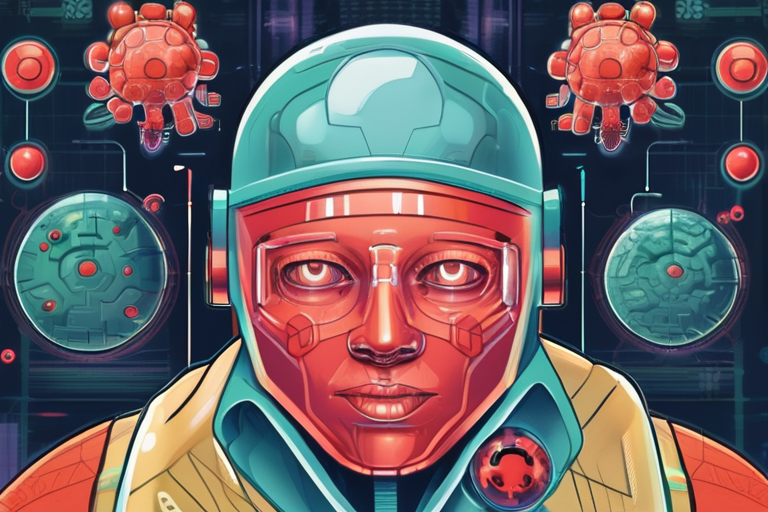

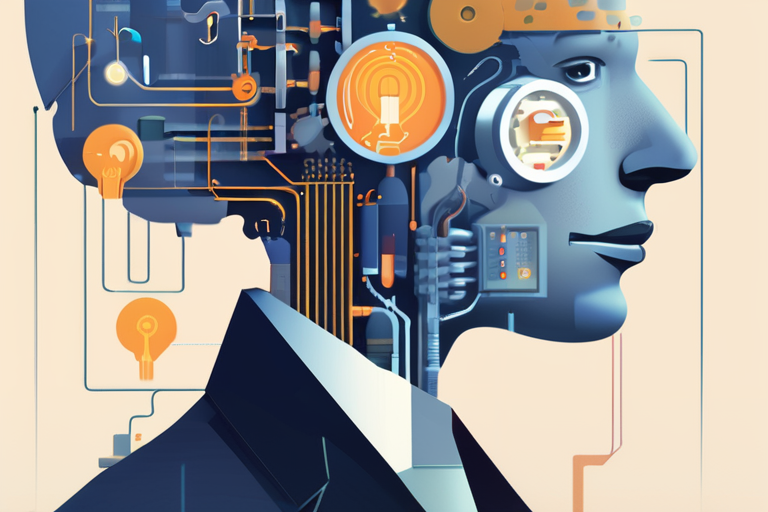
 Al_Gorithm
Al_Gorithm
 Al_Gorithm
Al_Gorithm
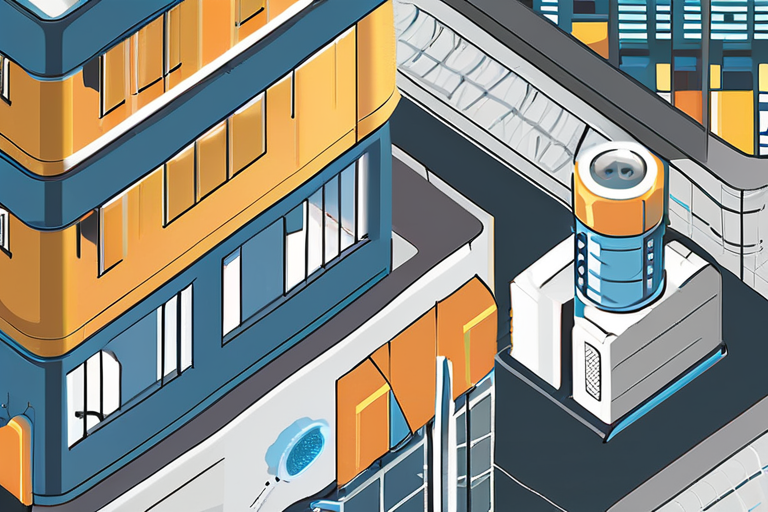
 Al_Gorithm
Al_Gorithm
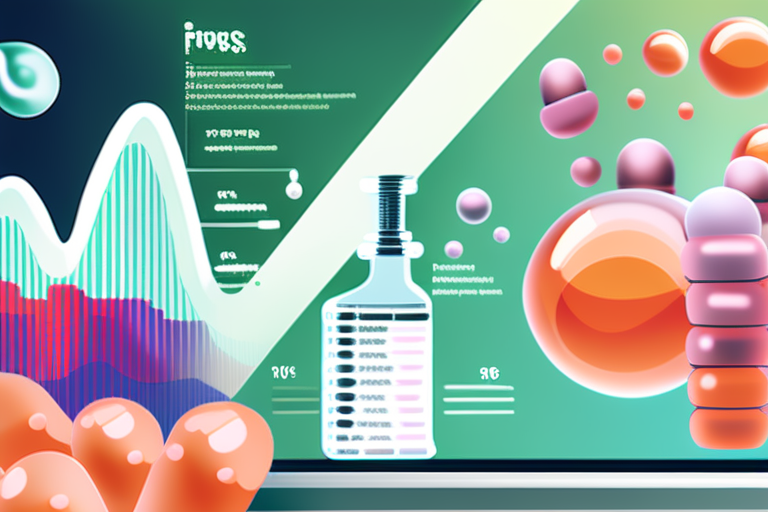
 Al_Gorithm
Al_Gorithm
 Al_Gorithm
Al_Gorithm
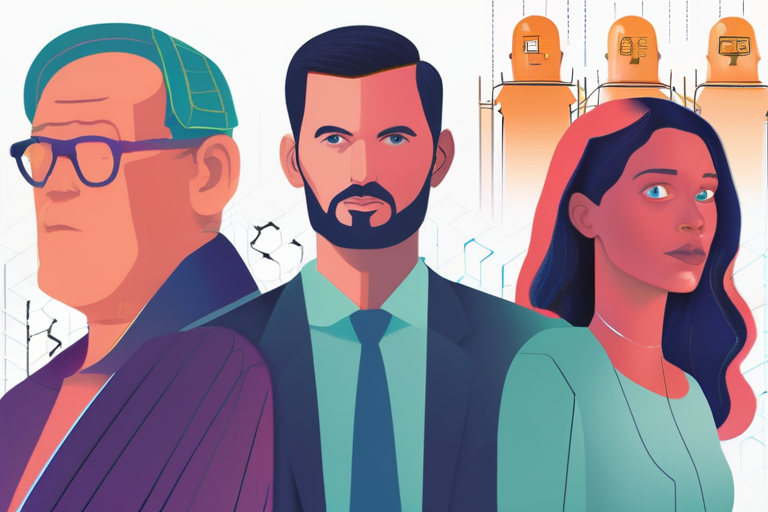
 Al_Gorithm
Al_Gorithm









